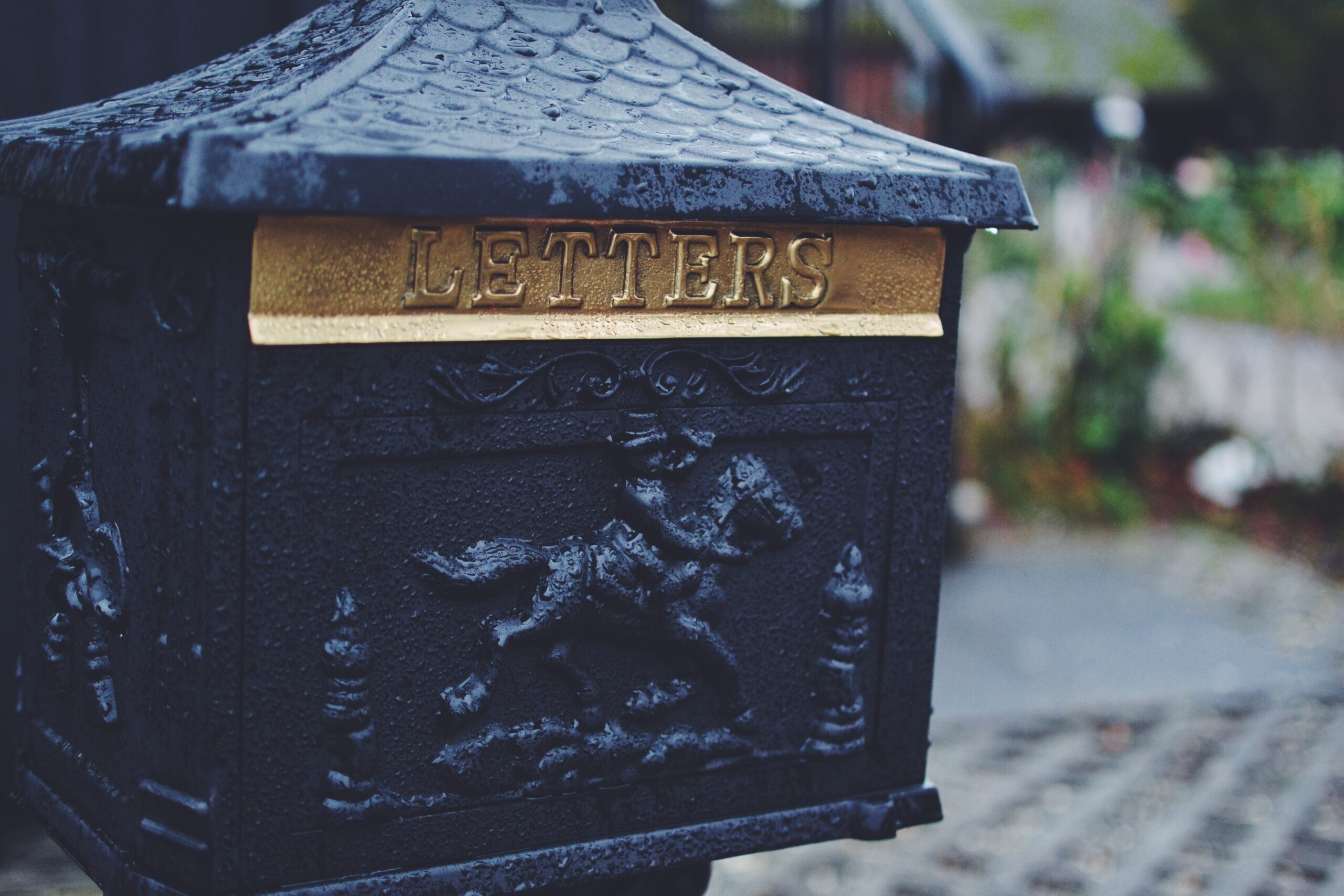February 5th, 2024
I read with interest Lushington’s piece on the UK Bomber Command in the Second World War.
My father served with Bomber Command, being a rear gunner with 76 Squadron out of Linton-on-Ouse airfield near York. He related to me that most of his fellow servicemen hated “Bomber” Harris, but just got on with things and did their duty. In contrast, he had nothing but respect for the Squadron C/O, Leonard Cheshire. As commanding officer, Cheshire was only to fly operations once a month unless absolutely necessary. Cheshire found it absolutely necessary several times a month. He always flew on the most dangerous operations and flew with novice pilots to help their confidence. He later went on to found the Cheshire homes. When Cheshire moved on, the Squadron moved to Holme on Spalding Moor. It was there my father’s regular pilot Leif Hulthin saved many allied aircrews’ lives. In July 1943 their Halifax bomber on its way to Aachen crashed on take-off resulting in many of the following planes being unable to take off. Rumour has it that Leif had free beer in the mess for a week afterwards! All the crew scrambled free. During the debrief, the crew were lambasted by the C/O for not rescuing their pigeon.

Pigeons were regularly carried by RAF bombers to help rescue crew locate the plane if it was downed in the sea.
On the question of the morals of bombing my father had no views other than they were just doing a job. He joined the RAF because he experienced at first hand the bombing of his neighbourhood early in the war and he wanted to get back at the enemy.
An unfortunate aftermath of the runway crash was that Leif Hulthin went on a raid on Kassel in October 1943. My father was on leave, but four of the crew from the earlier crash were on board. They encountered heavy fighter attacks and came down near Buhne, with no survivors. The raid was a success, with three Heinkel factories making V1 flying bombs damaged and railway operations disrupted. On the downside the resulting firestorm caused the deaths of 10,000 people, 3,000 were unaccounted for and 11,000 were injured. This is where the arguments start. Was “Bomber” Harris right and raids such as this shortened the war and saved British lives? Or was it a price too high for the German civilians to pay? Of course, my father knew nothing of the casualty figures until long after the war. He was just doing his duty, bearing in mind that the death rate of rear gunners was 46%, with more than 57,000 being killed in action. On this raid, 569 planes took part with 43 not returning.

This obviously was a consideration when he successfully completed a full tour of duty. He was given the opportunity of staying after serving with a training squadron or transferring out. He chose the option of a transfer and after taking various intelligence, physical and psychometric tests joined the XX1st Independent Parachute Company, the elite pathfinder section of the parachute regiment, comprising 180 soldiers. The company went to Arnhem whilst he was stood down due to contracting sepsis during training. The evening before departure!
He went on to serve in the liberation of Norway and finally was in Palestine when the King David Hotel was bombed. Unsurprisingly he refused to get involved in drawn-out arguments about the morals of the actions he took part in, and always took the line that he was only doing his duty.

